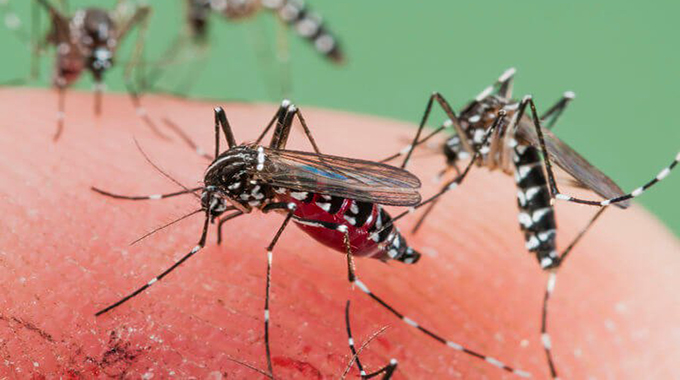The role of Indians and other minority groups in liberation struggle

Peter Matika, [email protected]
THERE was an air of excitement yesterday as Zimbabweans, both locally and those in the diaspora celebrated the country’s 44th Independence Anniversary.
In various venues across the country, the atmosphere was electric, filled with a palpable sense of pride and unity amidst festivities.
The streets were adorned with vibrant decorations, in the colours of the national flag: green, yellow, red and black. In every corner of the nation, from the bustling cities to the serene rural villages, Zimbabweans celebrated their hard-won freedom and unity.
During Zimbabwe’s struggle for independence, Indians and other minority groups played pivotal roles, despite facing their own challenges and discrimination. By virtue of their contribution, they form a thread in the rich tapestry of Zimbabwe’s fight for liberation.
Their role in the country’s struggle for independence would undoubtedly forever be etched into the annals of history.
Their contributions were multifaceted, ranging from political activism to providing essential services and financial support to the liberation movement. They were driven by a belief in justice and equality for all Zimbabweans.

Dr Mohamed Hassen Esat
In the bustling streets of the country’s major urban centres, Indian shopkeepers and traders formed a significant segment of the economy. Despite facing discrimination and restrictive laws, they maintained their businesses and often provided vital support to the nationalist cause.
Indian-owned businesses frequently served as meeting places for activists and provided intelligence and resources such as printing facilities for pamphlets and newsletters that disseminated anti-colonial messages.
Beyond the economic sphere, they were actively involved in political activism. Many joined the ranks of nationalist organisations such as the PF-Zapu and Zanu-PF to challenge colonial rule. Despite being a minority themselves, they understood the importance of fighting for equality and self-determination for all Zimbabweans.
In addition to political activism, minority groups played crucial roles in providing essential services to their communities. Indian doctors, nurses and educators, for example, worked tirelessly to provide healthcare and education, often in un-derserved areas, where colonial authorities neglected African populations.
Their contributions helped to build a sense of solidarity among different ethnic and racial groups, fostering a united front against colonial oppression. Ultimately, the role played by minority groups during Zimbabwe’s struggle for independence was indispensable.
In an interview, prominent Bulawayo businessman and philanthropist, Dr Mohamed Hassen Esat, yesterday evoked memories of how he, together with a few other Indians, was bestowed with the honour of organising the 1980 Independence celebrations for the entire Matabeleland region.

“It was a momentous occasion in Matabeleland as we prepared to host the very first Independence celebrations, soon after the country gained its freedom from colonial rule. The excitement was profound as the entire community came together to honour this historic event,” he said.
Dr Esat said the honour to organise the celebrations was in recognition of the role they played in the struggle for independence.
“I vividly remember the day. As the sun began to set on the eve of Independence Day, the streets were lined with colourful decorations and the sound of singing and laughter filled the air. We had worked tirelessly to make sure that this celebration would be a memorable one,” he said.
Dr Esat said the major highlight of the evening was the grand parade, where local artists and performers showcased their talents in a dazzling display of creativity and talent.
“From traditional dances to modern music and art, the parade was a vibrant celebration of our rich cultural heritage and our bright future as a newly independent nation. The celebrations were the beginning of a new chapter in Matabeleland’s history,” he said.
Dr Esat said during the liberation struggle, several political activists sought refuge at his home.
“There are a lot of political activists and freedom fighters that sought refuge and assistance from me, during the struggle. I assisted their families in every way that I could,” he said.
“I was involved in political activism during the colonial era, fighting social injustices. After independence, I worked with the late Vice President Dr Nkomo, former President Canaan Banana and many more.”
For the inaugural Independence celebrations, Dr Esat said he was tasked with putting together a committee that would oversee the running of the celebrations at Barbourfields Stadium in Bulawayo.
“We mobilised funds through donations and held the historic commemorations that saw more than 300 000 people attending. It was a mammoth task, but we managed and the celebrations were successful,” he said.
Dr Esat said he chaired the organising committee for 10 years.
“We then passed the baton to Bulawayo City Council, which at the time was under the leadership of the late Cde Joshua Teke Malinga, who was the city’s executive mayor. At the end of our tenure, we were all awarded appreciation certificates for our service,” he said.










Comments